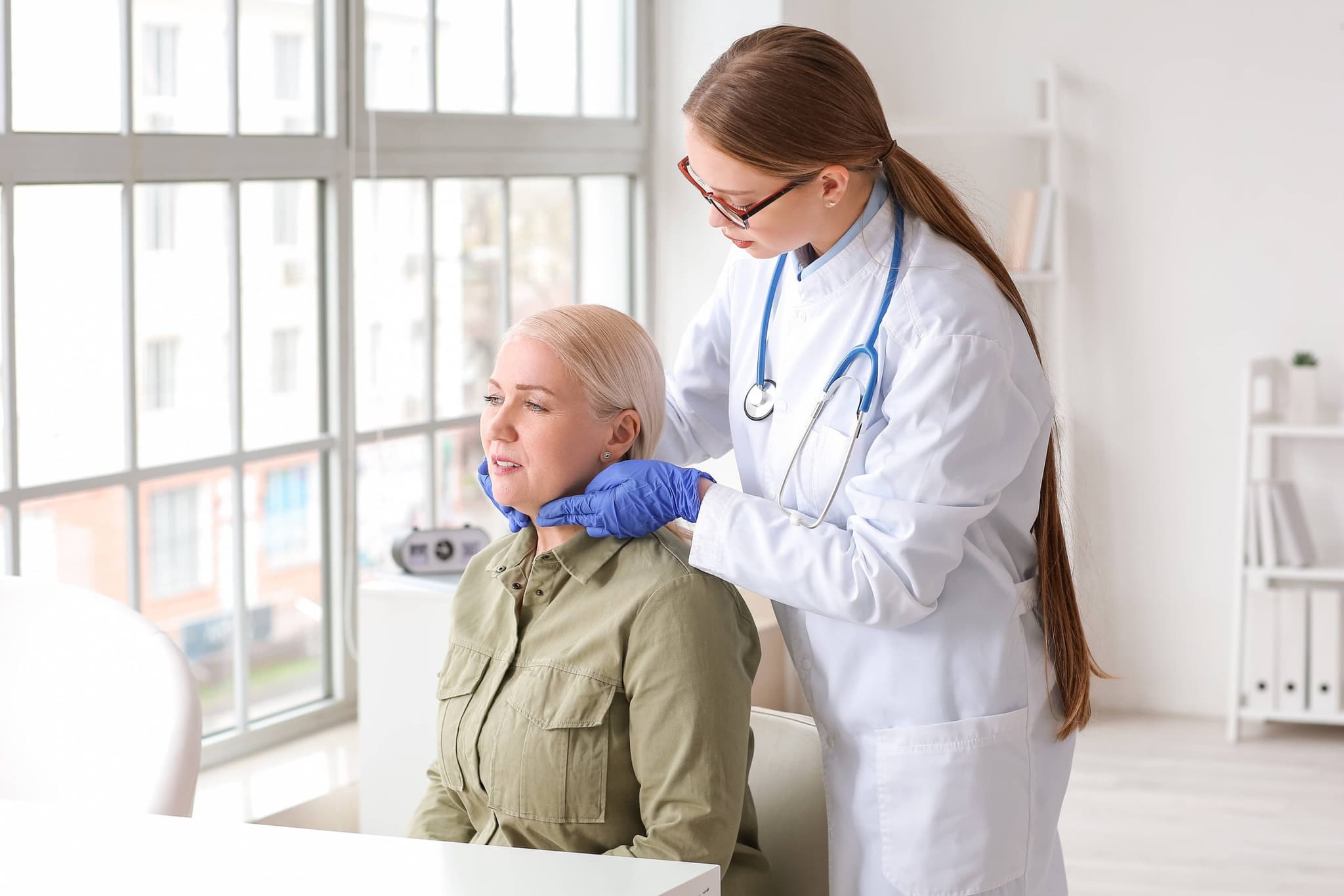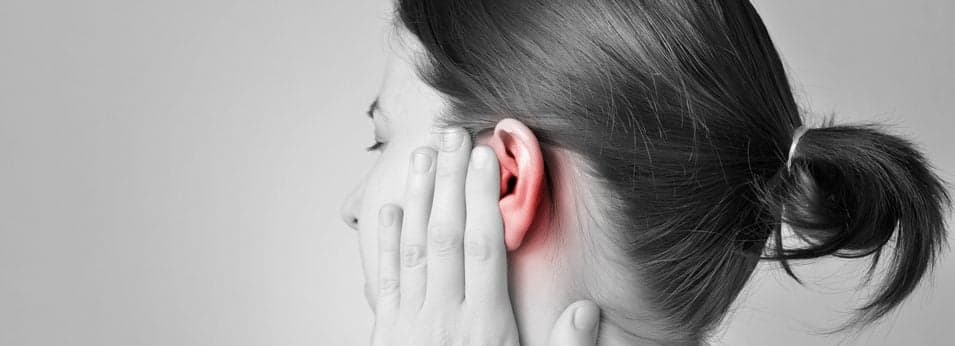
2023-04-06T14:20:05
What you need to know about Oral, Head, and Neck Cancer
- Ear, Nose, Throat
- Medical Oncology
April 2, 2019 | Ear, Nose, Throat
Specialties:ENT (Ear, Nose and Throat)

A common misconception that people have about cleaning their ears is that they are supposed to use cotton swabs to remove earwax. But most cotton swab packages even state that the product is not for earwax removal.
Doctors recommend never putting anything smaller than your elbow into your ear, which disqualifies a cotton swab. If you can’t use cotton swabs to clean your ears safely, how are you supposed to clean your ears? Let’s first take a look at the purpose of earwax and then discover why someone would need to remove it.
Earwax helps your ears stay lubricated and stops water from getting into your ear canal. It also helps prevent dirt and bacteria from getting into your ears. Earwax will naturally loosen and fall out of your ears over time, so typically, most people won’t have to worry about removing it.
Some people may need to remove earwax if they have excessive buildup, otherwise known as impaction. Impaction often occurs in people who use earbuds frequently, wear hearing aids daily, wear earplugs nightly, or have a faster earwax accumulation than the average person.
Earwax buildup can affect hearing and cause pain, so it’s important for it to be removed in a safe and effective way. Here are some tips on how to clean your ears safely.
Don’t use any small objects to clean your ears
As we mentioned earlier, doctors recommend not using anything smaller than your elbow to clean your ears. The reason behind this is that small objects, even semi-soft ones like cotton swabs, can easily puncture your eardrum. Eardrums are easily punctured because there is only a thin layer of skin that protects them.
Have a doctor remove excessive earwax buildup
The safest way to remove earwax is to have a doctor do it. Medical professionals know the safest way to remove any blockages, and they have the correct tools to help them do it. Plus, if you have any questions about future buildups or health concerns about your ears, you can ask them during your appointment.
Use earwax softener
A common way to clean your ears safely involves an earwax softener. You can buy an earwax softener kit at your local pharmacy. The kit usually uses a type of oil or hydrogen peroxide to soften the wax. Follow the instructions on the package to soften and remove earwax. Ask your doctor if you have any questions about which earwax softener you should use.
Avoid ear cleaning devices like candles, picks, or spiral tools
When you search “earwax removal tools” online, you’ll find many of these types of tools claim to be safe for earwax removal. However, they can be dangerous to use in your ear. Remember, anything you put into your ear shouldn’t be smaller than your elbow. Tools like ear picks or spiral tools could accidentally puncture your eardrum and cause permanent hearing loss. Similarly, ear candles can cause problems with your ear health. Ear candles could potentially leave even more wax inside your ear, making the problem worse. Ear candles are also a fire hazard.
Try an ear irrigation syringe
The basic idea of an ear irrigation syringe is to use it in combination with an earwax softener. First, use an earwax softener. After that, fill the syringe with warm water or a saline solution and flush out excess earwax. The syringe isn’t the right approach for everyone with an earwax buildup, so make sure you ask your doctor if you should use an ear irrigation syringe to clean your ears.
If you develop an earache, ringing in your ear or hearing issues, you could have earwax buildup in your ear. Schedule a visit with your doctor if you need help cleaning your ears or have any questions about your ear health.
Sources:
“How to Safely Clean Your Ears.” Healthline
https://www.healthline.com/health/how-to-clean-your-ears
“How to clean your ears.” hear.com
https://www.hear.com/useful-knowledge/clean-ears/
“How to clean your ears: Safety and tips.” MedicalNewsToday
https://www.medicalnewstoday.com/articles/323024.php
“5 Mistakes You’re Making Cleaning Your Ears.” Health

WRITTEN BY:
The Live Better Team

2023-04-06T14:20:05

2018-03-14T14:58:17

2018-01-10T09:30:55

2017-09-22T12:00:38
This information is not intended to replace the advice of a medical professional. You should always consult your doctor before making decisions about your health.